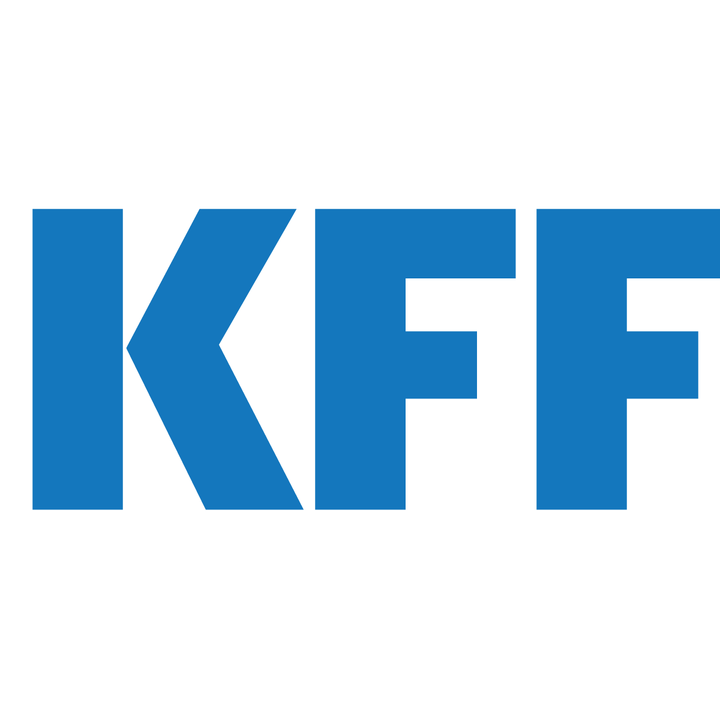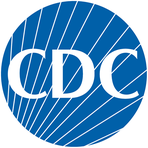The Vaccination Crisis: A Dangerous Shift in Public Health Policy
March 13, 2025, 5:52 am

Location: United States, California, San Francisco
Employees: 201-500
Founded date: 1991

Location: United States, Georgia, Atlanta
Employees: 10001+
Founded date: 1946
The landscape of public health in the United States is shifting. The recent appointment of Robert F. Kennedy Jr. as the Secretary of Health and Human Services (HHS) has raised alarms among health experts. Kennedy, a well-known vaccine skeptic, holds the reins to a department that influences vaccination policies across the nation. His past statements and actions suggest a potential erosion of trust in vaccines, a cornerstone of public health.
Vaccination rates in the U.S. have already begun to decline. The pandemic created a chasm in routine immunizations, with fewer than 93% of kindergarteners up to date on their shots for the 2023-2024 school year. This drop is alarming, especially as measles outbreaks resurface, leading to the first U.S. death from the disease in a decade. The stakes are high; a decline in vaccination rates can lead to the resurgence of diseases once thought eradicated.
Kennedy's history is riddled with controversial claims about vaccine safety. He has long propagated the debunked theory linking vaccines to autism. His organization, Children’s Health Defense, is a prominent anti-vaccine group that has gained traction in recent years. With Kennedy at the helm of HHS, there are fears that he will amplify these sentiments, undermining public confidence in vaccines.
Experts warn that Kennedy's early actions suggest a troubling agenda. He has hinted at reviewing the childhood vaccination schedule and potentially replacing members of advisory committees that guide vaccine recommendations. Such moves could shift the focus from established scientific consensus to a more skeptical view of vaccines. This could sow distrust among parents, leading to more exemptions and fewer children vaccinated.
The implications of this shift are dire. Communities with lower vaccination rates are at a higher risk for outbreaks. The measles virus, for instance, is highly contagious and can spread rapidly in unvaccinated populations. The CDC has already noted that over 280,000 school children were unprotected against measles during the last school year. As clusters of unvaccinated individuals grow, so does the likelihood of larger outbreaks.
The politicization of vaccines has further complicated the issue. Public opinion on vaccinations has become increasingly polarized. A recent Gallup survey revealed that only 40% of Americans consider childhood vaccines extremely important, a significant drop from previous years. This skepticism is often intertwined with political ideologies, creating a rift that complicates public health messaging.
Kennedy's approach to vaccine promotion is also concerning. He has suggested shifting the narrative around vaccines to emphasize "informed consent," which could inadvertently highlight potential risks rather than benefits. This change in framing could discourage parents from vaccinating their children, further exacerbating the decline in vaccination rates.
The consequences of reduced vaccination rates extend beyond individual health. They threaten the very fabric of community immunity. When vaccination rates fall below a critical threshold, herd immunity weakens, leaving vulnerable populations—such as infants and those with compromised immune systems—at risk. The ripple effects can be catastrophic, leading to increased hospitalizations and deaths from preventable diseases.
Moreover, Kennedy's potential to influence vaccine policy raises ethical questions. His history of spreading misinformation about vaccines poses a conflict of interest in his role as HHS Secretary. Experts fear that his leadership could lead to policies that prioritize personal beliefs over public health, undermining decades of progress in immunization efforts.
As the U.S. grapples with these challenges, it is crucial for state and local governments to step up. They must advocate for vaccinations and counteract the misinformation that has permeated public discourse. Grassroots efforts to educate communities about the importance of vaccines can help restore trust and increase immunization rates.
In the face of declining vaccination rates, public health officials must act swiftly. They need to reinforce the message that vaccines save lives. The data is clear: vaccines have prevented millions of illnesses and saved billions in healthcare costs. Yet, this progress is at risk if skepticism continues to grow.
The road ahead is fraught with challenges. The appointment of Kennedy as HHS Secretary represents a pivotal moment in U.S. public health policy. The potential for increased vaccine hesitancy looms large, threatening to undo years of hard-won progress. It is imperative that health advocates, policymakers, and communities unite to combat misinformation and promote the life-saving benefits of vaccines.
The stakes are high. The health of future generations hangs in the balance. The time to act is now. Vaccination is not just a personal choice; it is a collective responsibility. As we navigate this turbulent landscape, we must remember that the health of our communities depends on the choices we make today. The fight for public health is far from over, and the outcome will shape the future of American society.
Vaccination rates in the U.S. have already begun to decline. The pandemic created a chasm in routine immunizations, with fewer than 93% of kindergarteners up to date on their shots for the 2023-2024 school year. This drop is alarming, especially as measles outbreaks resurface, leading to the first U.S. death from the disease in a decade. The stakes are high; a decline in vaccination rates can lead to the resurgence of diseases once thought eradicated.
Kennedy's history is riddled with controversial claims about vaccine safety. He has long propagated the debunked theory linking vaccines to autism. His organization, Children’s Health Defense, is a prominent anti-vaccine group that has gained traction in recent years. With Kennedy at the helm of HHS, there are fears that he will amplify these sentiments, undermining public confidence in vaccines.
Experts warn that Kennedy's early actions suggest a troubling agenda. He has hinted at reviewing the childhood vaccination schedule and potentially replacing members of advisory committees that guide vaccine recommendations. Such moves could shift the focus from established scientific consensus to a more skeptical view of vaccines. This could sow distrust among parents, leading to more exemptions and fewer children vaccinated.
The implications of this shift are dire. Communities with lower vaccination rates are at a higher risk for outbreaks. The measles virus, for instance, is highly contagious and can spread rapidly in unvaccinated populations. The CDC has already noted that over 280,000 school children were unprotected against measles during the last school year. As clusters of unvaccinated individuals grow, so does the likelihood of larger outbreaks.
The politicization of vaccines has further complicated the issue. Public opinion on vaccinations has become increasingly polarized. A recent Gallup survey revealed that only 40% of Americans consider childhood vaccines extremely important, a significant drop from previous years. This skepticism is often intertwined with political ideologies, creating a rift that complicates public health messaging.
Kennedy's approach to vaccine promotion is also concerning. He has suggested shifting the narrative around vaccines to emphasize "informed consent," which could inadvertently highlight potential risks rather than benefits. This change in framing could discourage parents from vaccinating their children, further exacerbating the decline in vaccination rates.
The consequences of reduced vaccination rates extend beyond individual health. They threaten the very fabric of community immunity. When vaccination rates fall below a critical threshold, herd immunity weakens, leaving vulnerable populations—such as infants and those with compromised immune systems—at risk. The ripple effects can be catastrophic, leading to increased hospitalizations and deaths from preventable diseases.
Moreover, Kennedy's potential to influence vaccine policy raises ethical questions. His history of spreading misinformation about vaccines poses a conflict of interest in his role as HHS Secretary. Experts fear that his leadership could lead to policies that prioritize personal beliefs over public health, undermining decades of progress in immunization efforts.
As the U.S. grapples with these challenges, it is crucial for state and local governments to step up. They must advocate for vaccinations and counteract the misinformation that has permeated public discourse. Grassroots efforts to educate communities about the importance of vaccines can help restore trust and increase immunization rates.
In the face of declining vaccination rates, public health officials must act swiftly. They need to reinforce the message that vaccines save lives. The data is clear: vaccines have prevented millions of illnesses and saved billions in healthcare costs. Yet, this progress is at risk if skepticism continues to grow.
The road ahead is fraught with challenges. The appointment of Kennedy as HHS Secretary represents a pivotal moment in U.S. public health policy. The potential for increased vaccine hesitancy looms large, threatening to undo years of hard-won progress. It is imperative that health advocates, policymakers, and communities unite to combat misinformation and promote the life-saving benefits of vaccines.
The stakes are high. The health of future generations hangs in the balance. The time to act is now. Vaccination is not just a personal choice; it is a collective responsibility. As we navigate this turbulent landscape, we must remember that the health of our communities depends on the choices we make today. The fight for public health is far from over, and the outcome will shape the future of American society.